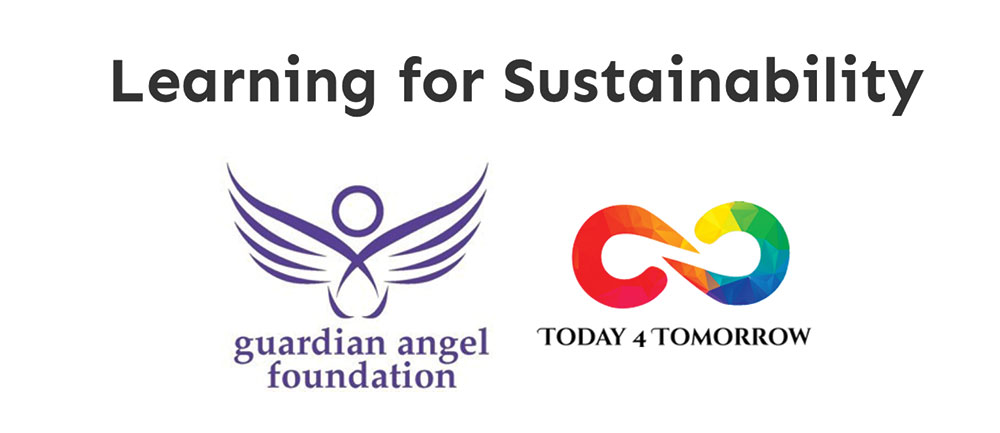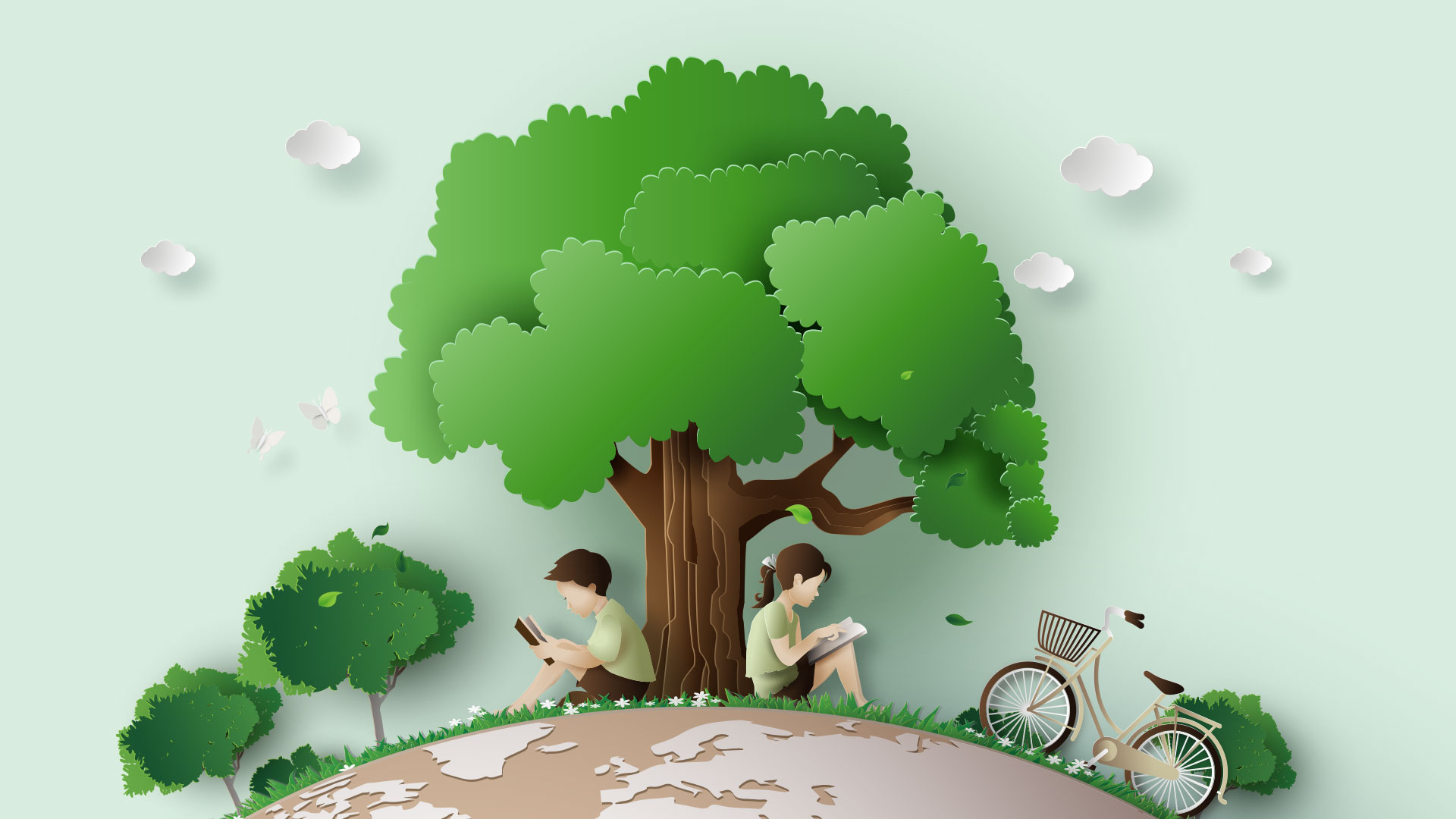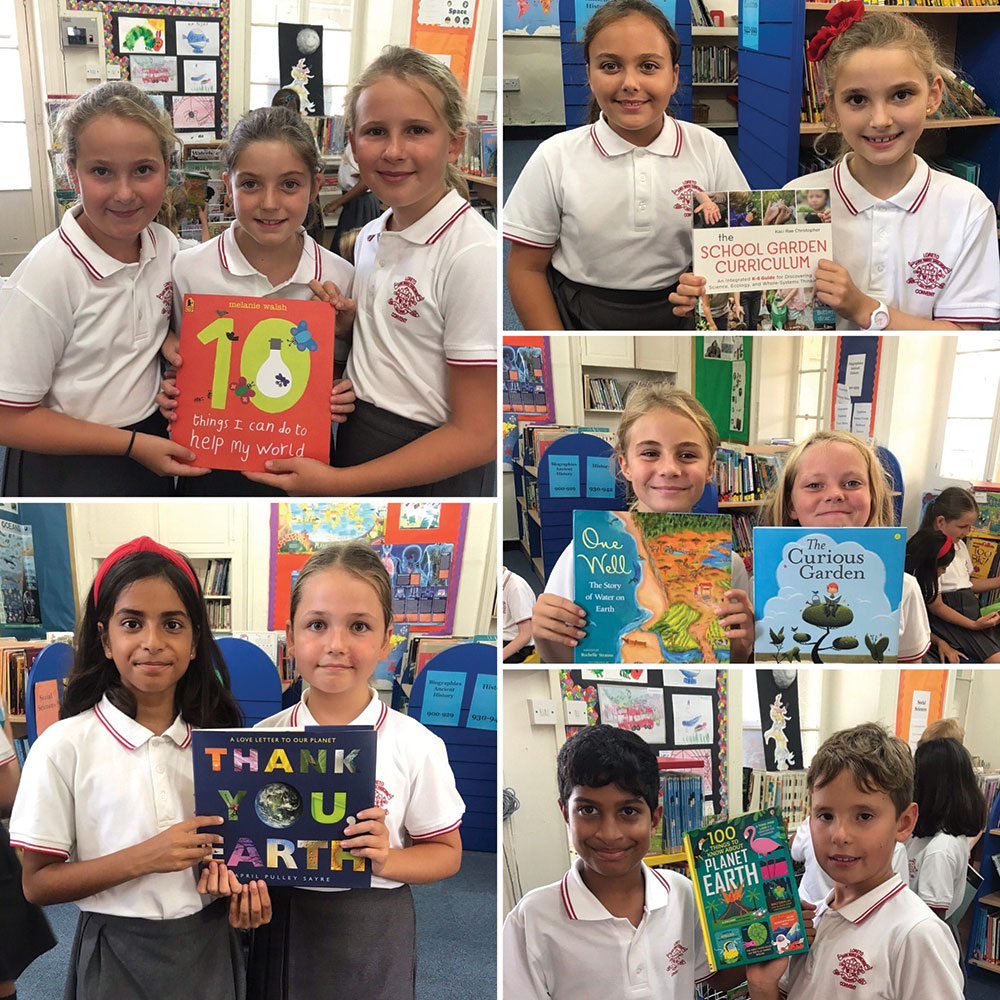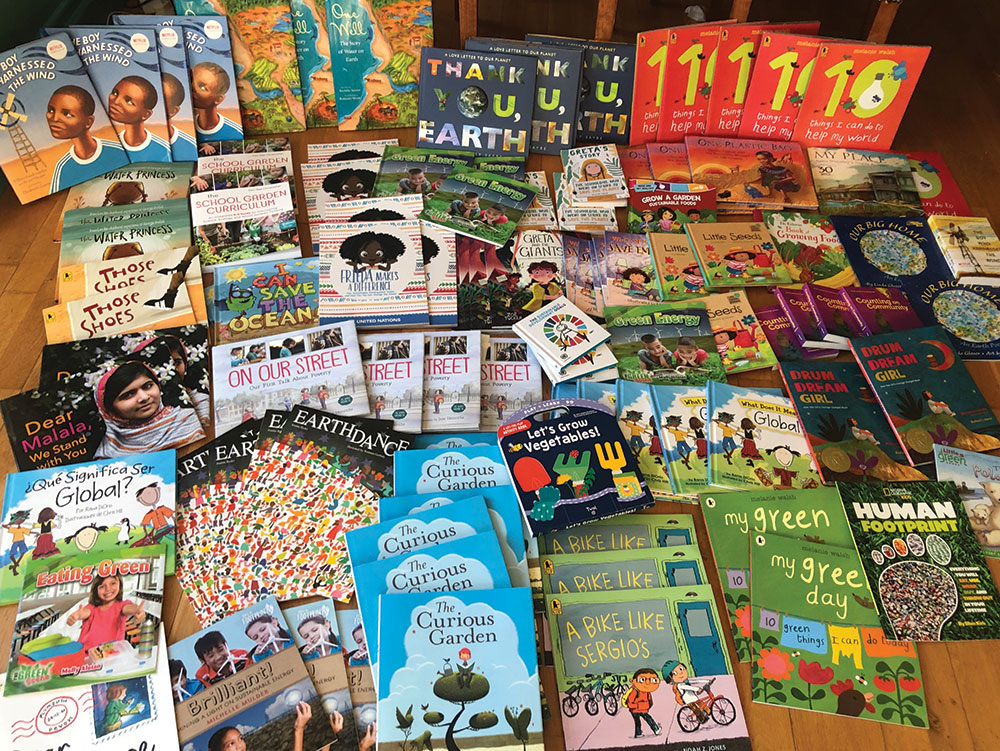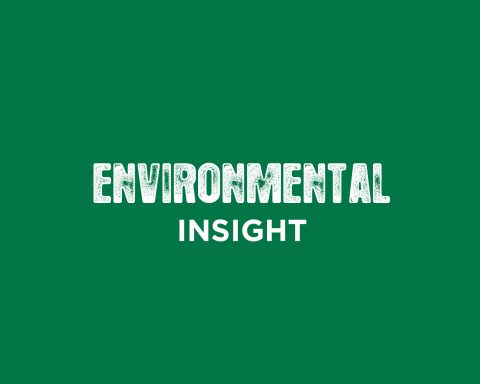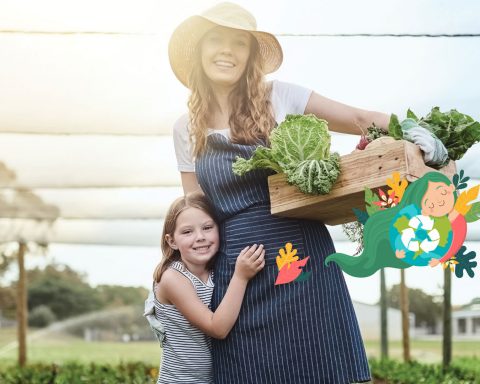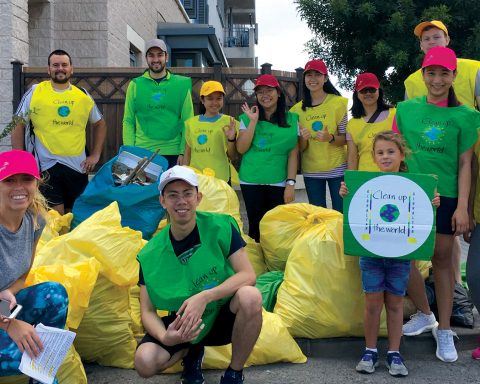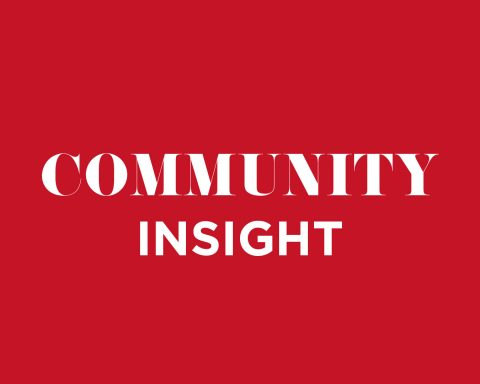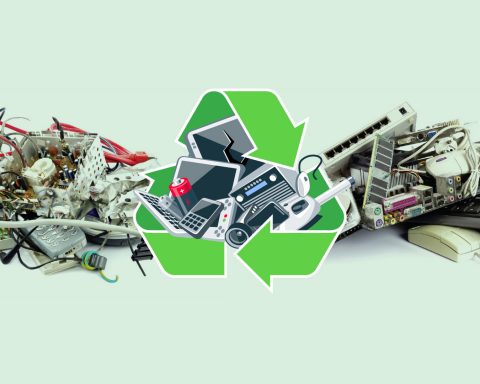Sustainability can be fun, engaging and help build confidence in young learners. It promotes the development of capabilities associated with the ‘head’, ‘heart’ and ‘hand’ as children and teenagers learn about key issues that have an impact on people and planet.
Books and resources for sustainability can often inspire as they present real and relevant themes of interest to young minds. There are, however, many books in the market; some informed by educational experts who draw out learning outcomes and others produced by interest groups seeking to promote particular views of the world. To a parent, guardian or educator it can be difficult to choose amongst these resources as they are often packaged in similar ways with attractive images and themes that appeal to young and old.
Often a good indicator is to find the resources making explicit references to the UN Sustainable Development Goals or the SDGs. These provide a framework for identifying the areas or issues that underpin learning for sustainability. The SDGs address global challenges including: poverty; inequality; climate change; environmental degradation; peace and justice. They seek big changes in the way we live, organise and govern ourselves and involve children and young people in considering alterative futures to the ones we are currently destined for.
I am often asked if ‘sustainability’ is about the environment. Environmental issues do feature as part of the SDGs as they have and will continue to have an effect on our health, economic and social wellbeing. However, there is a difference between resources that support learning for sustainability and environmental education. Both provide important learning opportunities, especially for the young, but they are quite different in their intention and approaches. It has been suggested that environmentalism (and environmental education) is a movement against things – for example stopping pollution and other harmful activities. It is mostly concerned with engaging learners in action to improve the environment and challenge their own behaviours. Sustainability, on the other hand, is concerned with change for the longer term and deals with the socio-economic contexts that create environmental issues in the first place. It avoids ‘doom and gloom’ approaches and recognizes that individual actions by themselves cannot change the world. They both approach the same issues but in different ways. If you would like to learn more about the difference do check out: WWF’s ‘Weathercocks and Signposts’ (2008).
Another common misunderstanding, is that sustainability refers to ‘retaining what we have’ or ‘sustaining the current situations’, when in fact sustainability is about change and creating a fairer and safer future. It reframes relationships whether it be between producers and environments; consumers and suppliers; or, young people and decision-makers.
As parents and guardians, it is important that we involve our children and young adults in learning about sustainability: challenging misconceptions; encouraging them to question; and, helping them find their own way through this complex area. Our young people will, in future, need to anticipate, become involved, and in some cases address sustainability issues that we are only just beginning to comprehend.
Recognising these challenges, the Office of the Commissioner for Sustainable Development and Future Generations partnered with the Guardian Angel Foundation and the Department of Education to support learning for sustainability in local schools and the community. Resources were purchased that avoided treating environmental and conservation issues in isolation of the economic and social considerations that underpin them. Equally, textbooks and reading books were chosen that encouraged children and young people to envision how the world could be rather than how it is and to identify ways in which we can work towards shaping the future. It was important that texts that preached particular ‘behaviours’ in children and young people were avoided as well as resources that promote alarmist concerns for the future. Our young do need to know that we face significant challenges but we also have a duty to empower them, through learning, with the tools to process, decide and respond in their own way. Otherwise, we have children who act without understanding or who believe that single actions will make a difference.
The resources for this initiative chosen aligned with the priority themes and topics taught in local schools through the national curriculum and encouraged active learning approaches as well as futures, creative and critical thinking – key tenets of Education for Sustainability.
The partnership purchased storybooks, readers, fact-finding texts, and growing food manuals that can bring sustainability topics such as biodiversity, carbon footprints, poverty, privilege, cultural diversity and justice alive in classrooms. Included in the purchases were resources that enable learners to engage practically in growing food in schools, looking after green areas, and making a positive contribution to people in our local community. The books were distributed across schools including Bayside and Westside Schools, Bishop Fitzgerald School, St Anne’s School, St Bernard’s Lower Primary School, St Joseph’s Lower and Upper Primary Schools, the Hebrew Primary School, Governors Meadow School, Notre Dame School, St Paul’s Lower Primary School. Book displays exhibiting these new resources can be found across our schools. The Gibraltar Cultural Services also participated in the initiative by purchasing books for the John Mackintosh Library. The Gibraltar College and a handful of schools requested resources to support the development of a food growing area on their grounds. Funds were also generously provided by the Guardian Angel Foundation for these purposes.
If you have young children or adults in your life, do consider borrowing the books from the library or asking your school about these resources. If you are considering a birthday gift for a child or young adult, give some thought to purchasing learning resources that can inspire and challenge our next generation to think about the future in different ways. More information about the initiative can be found at www.futuregenerations.gi.
